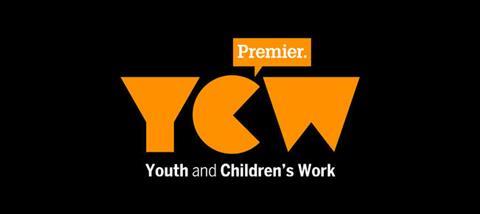
There’s a uniquely human ability to find oneself at home in the oddest of places. Be it our favourite corner of a coffee shop, our seat in a football stadium, our spot at the local pub or perhaps even our pew of choice, spaces that are nothing like ‘home’ can easily become stand-ins, or even upgrades on the real thing, providing extra spots to relax and feel at ease. You can’t put a price on comfort.
You don’t need me to tell you how turbulent the last month has been. Since the last issue of the magazine went to press we’ve seen appalling terrorist attacks in Manchester and London, the horrendous tower block fire in London and a general election which offered no real answers and seemed to disappoint just about everyone (unless you’re a fan of confused political commentators and hung parliaments). At times of uncertainty and fear, we retreat to the places in which we feel most secure, with those we love. You can’t put a price on comfort.
As a raging extrovert, I get pretty frustrated if I’m not constantly around people (and at my worst moments, if I’m not the centre of attention). I love the buzz that comes from conversation and laughter. But sometimes, rarely, I need to hunker down with the people closest to me, to feel safe and warm and loved and known. You can’t put a price on comfort.
The toxic combination of family breakdown, ever-splintered social lives and austerity-driven cuts to youth and children’s services means that for many young people and children there is a scarcity of places to find community - their home lives are complicated, schools are too busy and where else in society do you find such help? For many young people, this has meant their community has shifted online. While some older people may sneer at a lack of face to face interaction, this community is just as real and valid for many young people, providing safe and secure communities and interactions. And, well, you can’t put a price on comfort.
Sometimes, I wonder if we put too much emphasis on what we do in youth and children’s ministry, and not enough time, effort and passion into merely existing, into just being there. Because while young people’s communities may have moved online, this isn’t quite the same for younger children - their lack of technology or know-how is obviously preventative. And so while teenagers are able to create new places of comfort, a place to feel safe, somewhere to be known isn’t always obviously at hand. It is this context which makes Lynn Alexander’s article ‘A place to belong’, so important. In a society with ever-decreasing shared spaces, the ability churches have to facilitate community, both among children and parents, is invaluable because, you know, you can’t put a price on comfort.
One of the criticisms aimed at our tolerant 21st Century society is that we provide people with too much shelter, that our safe spaces, our echo chambers full of people we agree with, are creating soft snowflakes and not providing the resilience we need. But I think this massively underestimates young people. They’ve shown themselves to be a fierce, tough generation, dealing with more fear and uncertainty than previous generations while navigating an ever-changing digital landscape. And as the high turnout among young people at the election suggests, this is a generation ready to stand up for what they believe in. So yes, we don’t want to mollycoddle them, but we can provide invaluable community, a place to feel at home and somewhere to belong. In a world that seems more fraught and insecure than ever, you can’t put a price on comfort.






































